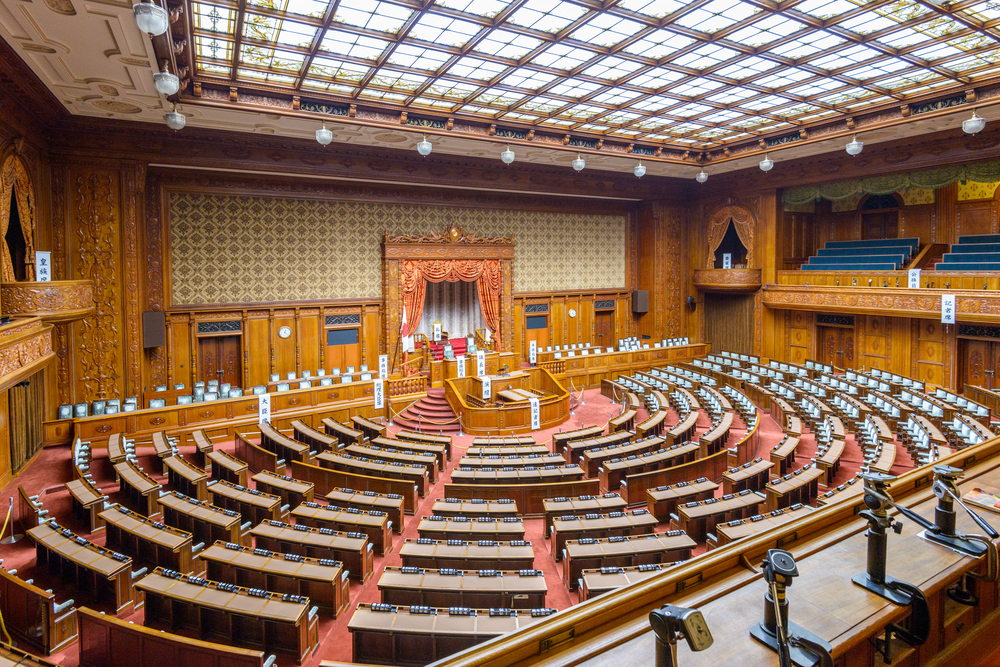During the 197th Extraordinary Diet session on October 24th, Prime Minister Shinzo Abe delivered a policy speech which included the revision of Japan’s immigration rules to accept more skilled foreign workers.
In his speech, Abe pointed out that the employment rates of high school and college graduates are hitting their highest numbers ever, and the effective job offer ratios of all 47 prefectures have been exceeding 1:1 ratio for more than 2 years, while small and medium sized companies are struggling to acquire new employees throughout Japan. Noting these facts, he announced a new policy to accept more experienced workers from overseas who have certain expertise and skills.
He specified that they would restructure the current immigration laws to create new residence statuses for work, set up a new immigration agency called Nyuukoku-Zairyu-Kanrikyoku (Immigration and residency control agency) to promote thorough supervision for companies willing to hire foreign workers, accept those workers as important members of Japanese society and offer sufficient support for them to relocate to Japan. At the same time, he emphasized that they would ensure foreign workers receive comparable compensation to their Japanese counterparts.
Under this new policy, two new residence status types will be implemented next April. They are categorized as type 1 and type 2. Workers with the type 1 visa are required to pass a conversational level Japanese proficiency exam, in addition to a knowledge and expertise exam in their field.
They can extend their visa for 5 years but without the possibility of extension, and are barred from bringing their family members into the country. In the case of technical intern trainees who have already spent more than 3 years in their program, they will be considered as skilled workers and be granted the type 1 visa without the exams. On the other hand, workers with a type 2 visa are allowed to extend their stay indefinitely and bring their families. Japanese lawmakers are talking about further examination of this kind of visa before its enforcement though. With the overhaul of current immigration law next year, Japan is going to experience an unprecedented turning point in its foreign labor regulations.
[Reference] Prime Minister Shinzo Abe’s policy speech at the 197th Extraordinary Diet session.



















